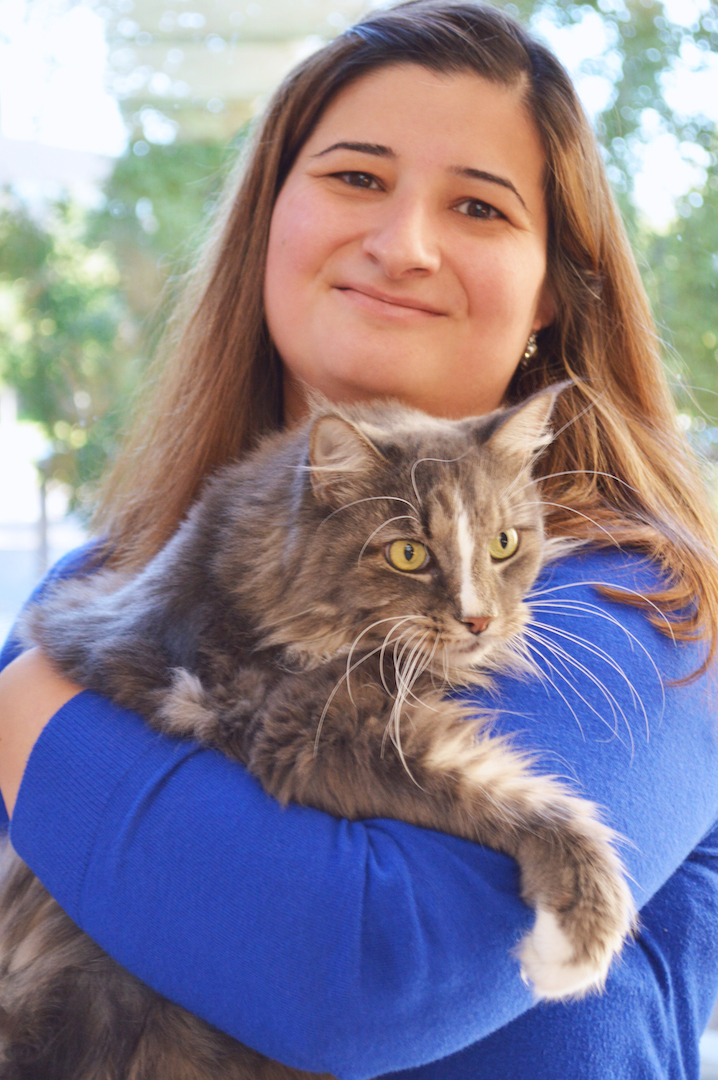Precision medicine – targeting a treatment based on an individual’s genetics, environment, and lifestyle – is not an approach reserved just for humans. In veterinary clinics and hospitals across the country, family pets are also receiving this top-notch treatment, not only to address their ailments but also to help inform future medical care for humans.
One aspect of precision medicine is biobanking, or the collection, storage, and distribution of blood and tissue samples from animal species for the purposes of biomedical research.
Dr. Marta Castelhano, the director of the Cornell Veterinary Biobank at Cornell University, will discuss the role of veterinary biobanking in precision medicine in a virtual lecture hosted by the Columbine Health Systems Center for Healthy Aging at Colorado State University. The talk, “Banking on a New Understanding,” will be held over Zoom at noon on Thursday, Nov. 19, and will cover the impact of biobanking on advancing biomedical research.
At Cornell, Castelhano oversees every step of the biobanking process, from the identification of animals who experience illnesses and conditions of interest to the animal owner’s consent for research participation and the delivery of biological samples to a researcher.
Bench-to-bedside research
Current studies at the Cornell Veterinary Biobank are investigating how urinary stones form in select dog breeds and how targeted therapies can affect canine cancers such as hemangiosarcoma and lymphoma. Researchers are also collecting samples to develop a genetic screening test for Legg-Calve-Perthes disease, a condition of the hip joint that affects both dogs and humans.

These studies, among others, are working to improve animal and human health by promoting bench-to-bedside research that will ultimately result in precision medicine advancements with more effective, better targeted, and less toxic therapies, according to the Cornell facility.
“The ability to compare within a species is where researchers have an opportunity to find key mechanisms and key modifiable processes. It is especially important to take this approach to the rest of the animal kingdom via comparative medicine,” says Nicole Ehrhart, the director of the Center for Healthy Aging.
Healthy Aging Speaker Series
The Healthy Aging Speaker Series, hosted by the Columbine Health Systems Center for Healthy Aging, showcases the latest in aging research from Colorado State University faculty, students, and beyond. These lunch-and-learn-style talks occur monthly, and feature speakers who specialize in biological, cognitive, psychological, social, and behavioral factors of aging.
To register for this Healthy Aging Speaker Series event, visit this Zoom link.
This lecture will be recorded for later viewing on the Center for Healthy Aging’s YouTube playlist.